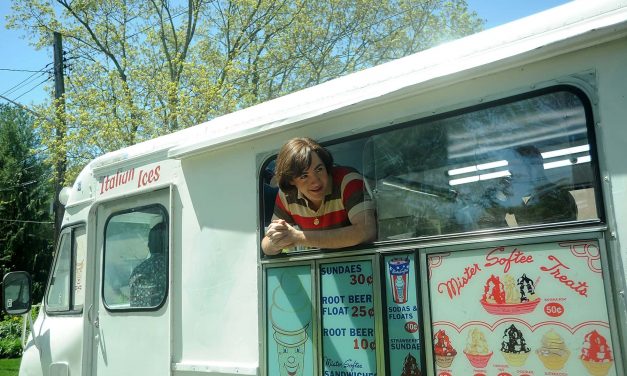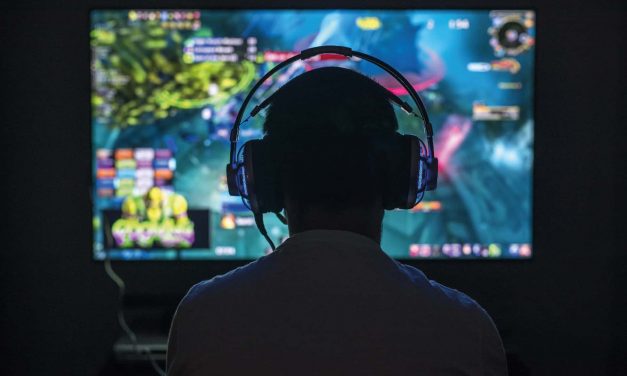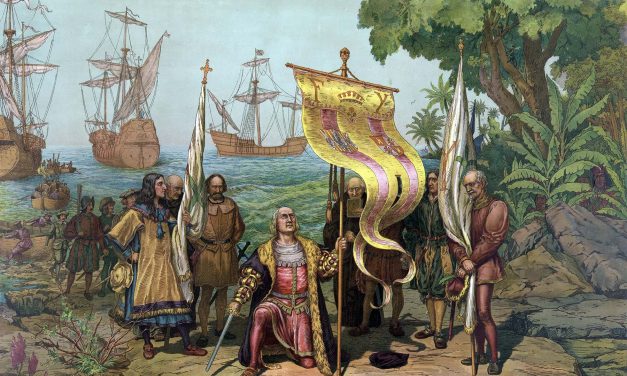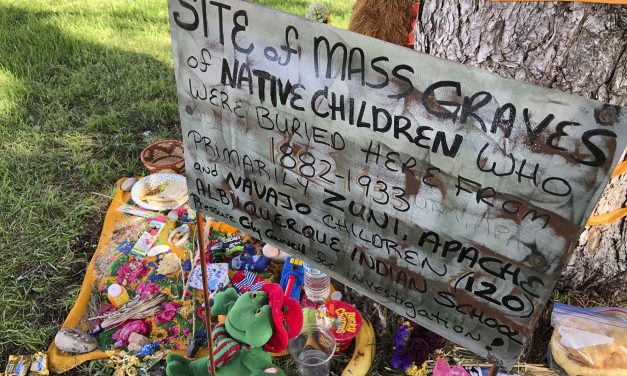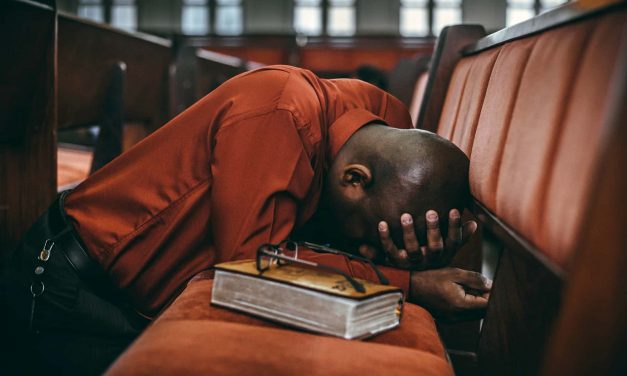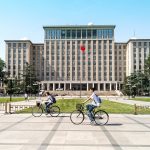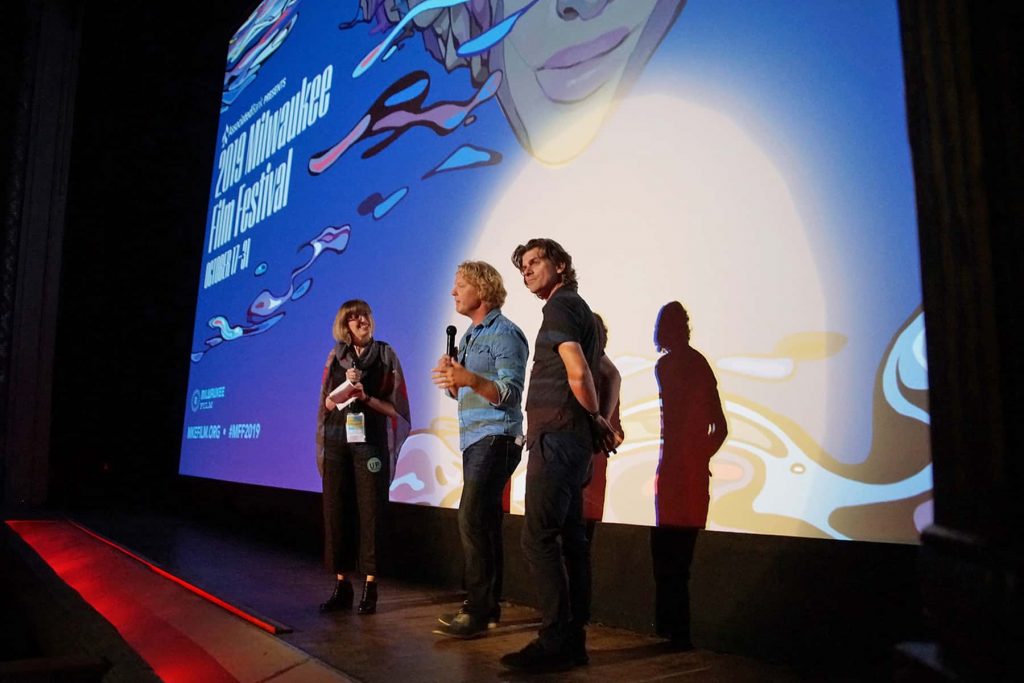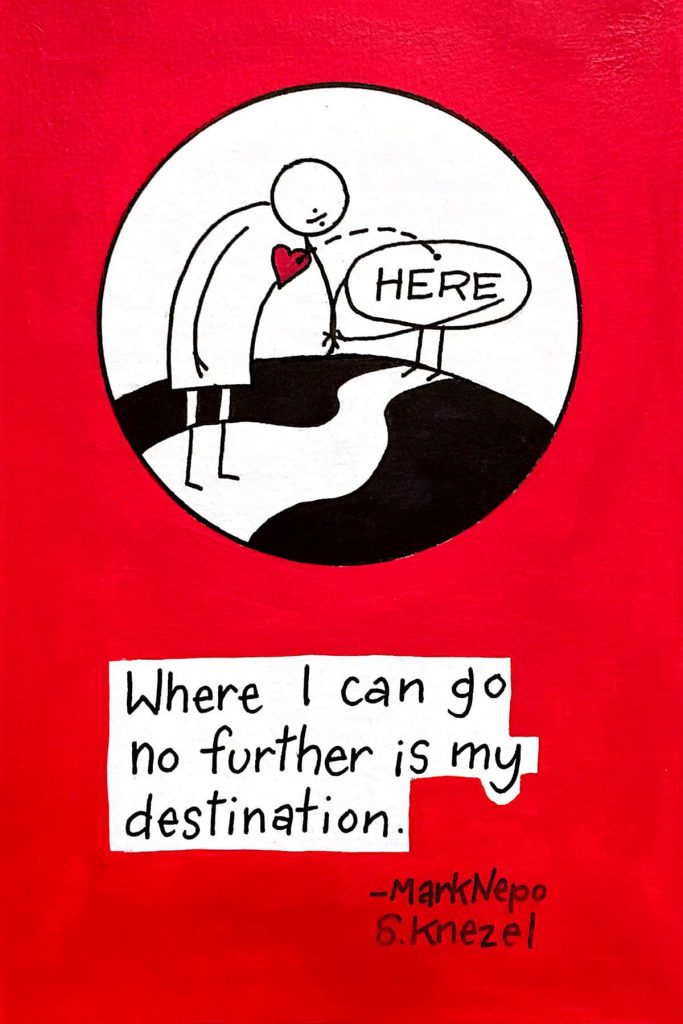The old model falls apart: Big-budget movies continue shifting from theatrical debuts to streaming services
By Anthony Palomba, Visiting Assistant Professor of Business Administration, University of Virginia The trailer for “The Many Saints of Newark” features the song “Money” by The Flying Lizards. One lyric poignantly captures the thematic heart of the prequel to the sprawling television series about mob boss Tony Soprano: “Money don’t get everything / It’s true / What it don’t get / I can’t use.” It also reflects the milieu of a movie industry embroiled in a battle over release dates and release formats. “The Sopranos” creator David Chase has expressed anger over HBO’s decision to simultaneously release “The Many...
Read More
